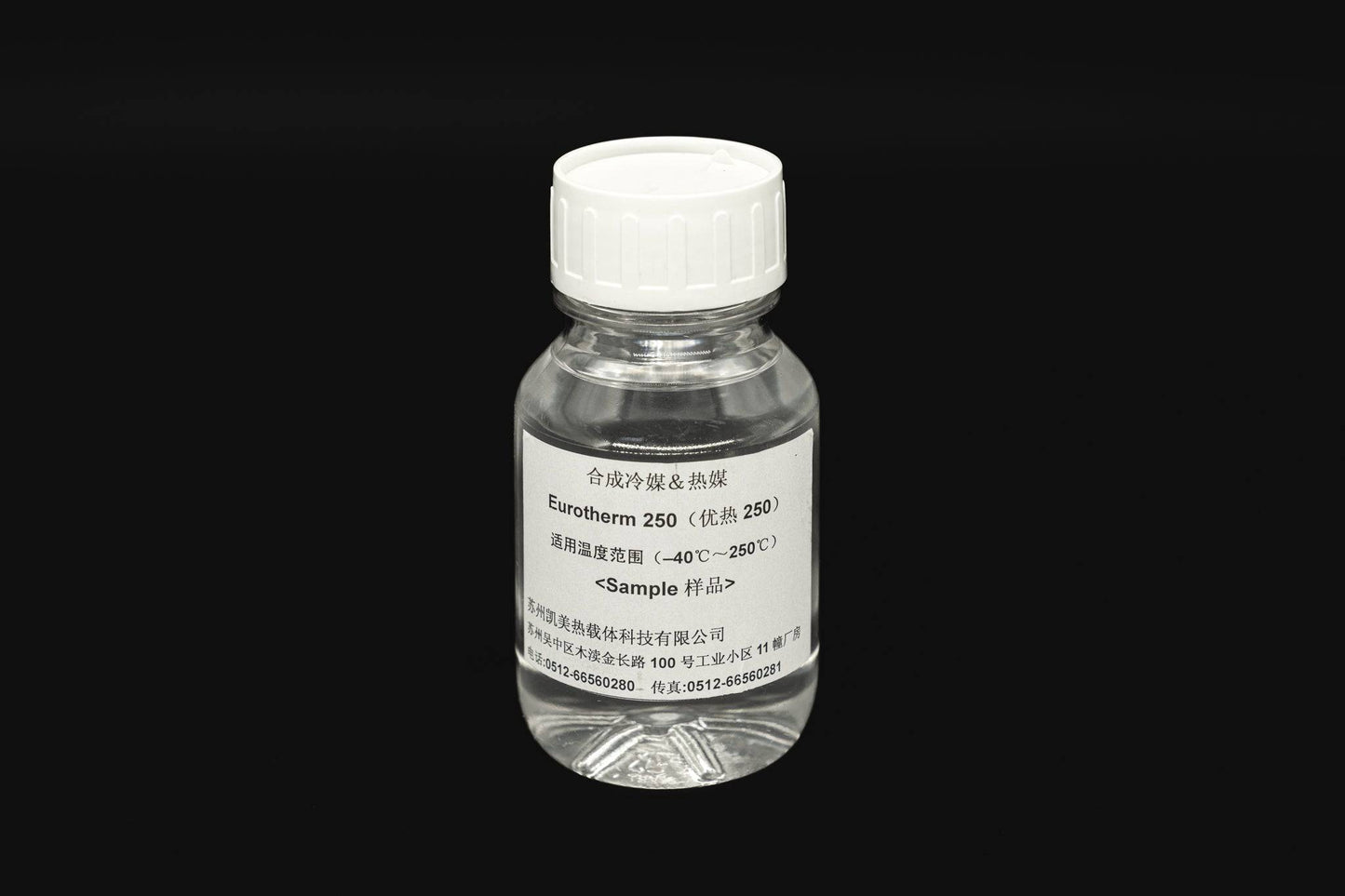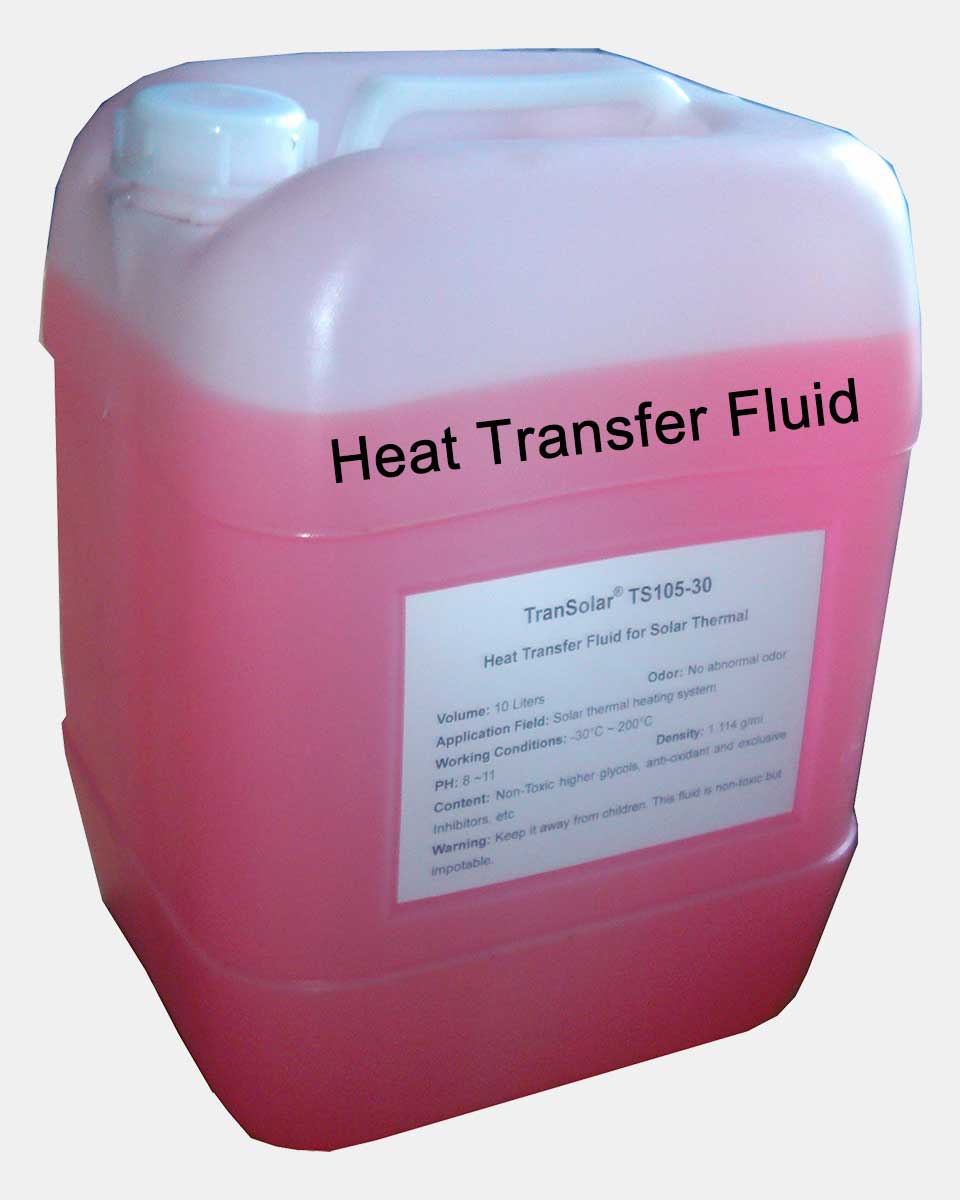The Importance of Thermal Oil in Heat Transfer Systems
The Importance of Thermal Oil in Heat Transfer Systems
Blog Article
Why Picking the Right Heat Transfer Fluid Is Crucial for Optimal System Effectiveness
Picking a proper warmth transfer fluid is an essential decision that can considerably impact system effectiveness and functional costs. As the effects of this choice prolong much beyond instant efficiency, comprehending the nuances of fluid choice becomes essential for any person looking to accomplish optimum system performance.
Relevance of Heat Transfer Fluids
What role do heat transfer liquids play in industrial processes? Warmth transfer fluids are essential for the efficient transfer of thermal energy within different commercial systems. They promote the motion of warm from one location to another, ensuring that processes run within optimum temperature level ranges. Their main feature is to soak up warmth from a source, such as a heating system or reactor, and deliver it to an end user, like a heat exchanger or purification column.
The choice of warmth transfer liquid can substantially impact energy devices, efficiency, and safety longevity. Fluids have to be qualified of standing up to high temperatures and pressures without breaking down, along with exhibition marginal volatility and reduced toxicity. Their efficiency directly affects not only the performance of the system yet also its functional prices.
Additionally, warmth transfer liquids play a crucial duty in maintaining procedure control, guaranteeing that temperature fluctuations are minimized. This is especially crucial in delicate applications such as petrochemicals and pharmaceuticals, where specific temperature management is essential. In general, the value of picking the ideal warmth transfer fluid can not be overemphasized, as it is indispensable to maximizing commercial processes and boosting total system efficiency.
Key Residence to Think About
When picking a heat transfer liquid, which key residential properties should be prioritized to guarantee ideal performance? Thermal conductivity is crucial; a fluid with high thermal conductivity will efficiently transfer heat, minimizing energy loss. In addition, the specific heat ability of the liquid is crucial, as it identifies just how much power the fluid can launch and store, impacting general system responsiveness.
Thickness is one more considerable home to think about, as it affects the liquid's circulation qualities; reduced thickness fluids are generally favored for much easier flow and lowered pumping energy. The fluid's temperature level variety is just as crucial; it has to carry out efficiently within the functional temperature levels of the system without weakening or evaporating.
Think about the environmental effect and safety and security profile of the liquid, as regulations and sustainability goals increasingly affect liquid selection. By focusing on these crucial residential properties, one can select a heat transfer liquid that improves system resilience and reliability.

Influence On System Performance
The choice of warm transfer liquid directly influences system effectiveness, influencing both energy consumption and operational efficiency. A fluid's thermal conductivity, thickness, and warmth ability play essential functions in just how effectively it transfers warmth within a system. Optimum fluid residential or commercial properties ensure that warmth is taken in and distributed effectively, decreasing click now energy losses and boosting the general efficiency of the system.

Additionally, the compatibility of the fluid with system products can considerably impact efficiency. A liquid that creates corrosion or deterioration can result in leakages and system failings, additionally lessening efficiency. In recap, the right warm transfer fluid not only makes the most of energy efficiency and reduces costs yet likewise improves the reliability and longevity of the system, making it an important factor to consider for engineers and decision-makers in thermal management applications.
Usual Kinds of Heat Transfer Fluids
A selection of warmth transfer fluids are generally employed in thermal monitoring systems, each with unique homes matched to certain applications. Water is one of one of the most widely made use of warmth transfer fluids as a result of its high particular warmth ability, affordable, and availability. Nevertheless, its cold point restricts its use in low-temperature applications.
Thermal oils, frequently originated from petroleum, are another preferred selection, specifically in high-temperature systems. These fluids can operate at elevated temperatures without evaporating, making them ideal for industrial applications. Nevertheless, they may have constraints worrying thermal stability.
Refrigerants, used mostly in cooling systems, have unique thermodynamic properties that permit efficient warm transfer at reduced temperatures. Their selection is crucial to ensure efficiency and compliance reference with ecological laws.

Furthermore, stage adjustment products (PCMs) are acquiring traction for their capability to absorb and launch substantial amounts of heat during stage changes, using a special option for thermal energy storage. Each liquid's specific features must be examined for optimal efficiency.
Ideal Practices for Selection
Picking the ideal warmth transfer fluid includes careful factor to consider of a number of vital aspects that straighten with the certain demands of the additional info application. Examine the functional temperature level variety. The liquid needs to maintain its homes and efficiency throughout the desired temperature level spectrum. Second, take into consideration the liquid's thermal conductivity, which influences warm transfer rates; greater thermal conductivity generally leads to enhanced efficiency.
Furthermore, examine the liquid's thickness, as it affects pumping energy and general system performance. Lower viscosity liquids generally lower power intake during circulation. Compatibility with system materials is an additional critical aspect; make sure that the liquid does not cause rust or destruction of pipelines and parts.
Following, consider the liquid's stability and long life, particularly in high-temperature applications. A stable fluid lessens upkeep and replacement prices. Last but not least, environmental and safety and security guidelines need to lead your option procedure, stressing eco pleasant and non-toxic alternatives when feasible.
Verdict
In final thought, selecting the ideal warmth transfer liquid is important for attaining optimum system efficiency. The best liquid enhances thermal conductivity, reduces energy losses, and promotes devices long life, ultimately causing better system reliability and performance. Comprehending the vital buildings and effects of numerous liquids on system efficiency is important for educated decision-making. Complying with ideal practices in liquid choice can lead to significant lasting price savings and operational efficiency.
Warm transfer fluids are vital for the efficient transfer of thermal energy within different industrial systems. In addition, the particular warmth capability of the fluid is vital, as it establishes how much power the liquid can store and launch, affecting total system responsiveness.
Think about the environmental impact and safety account of the liquid, as guidelines and sustainability goals increasingly influence liquid option - heat transfer fluid. A fluid's thermal conductivity, viscosity, and warm ability play essential functions in just how effectively it transfers heat within a system. Water is one of the most commonly utilized warm transfer fluids due to its high specific warm capacity, low cost, and schedule
Report this page